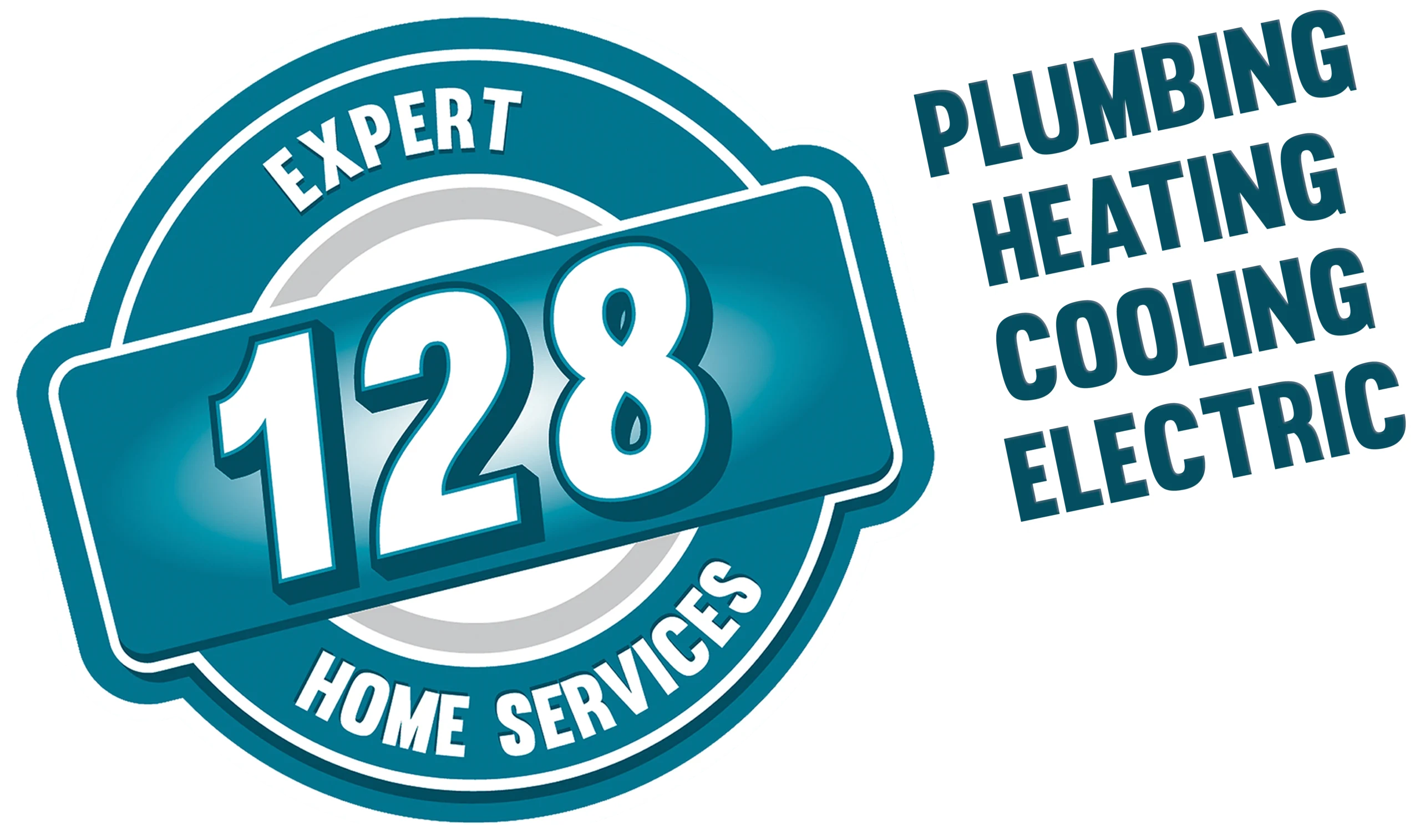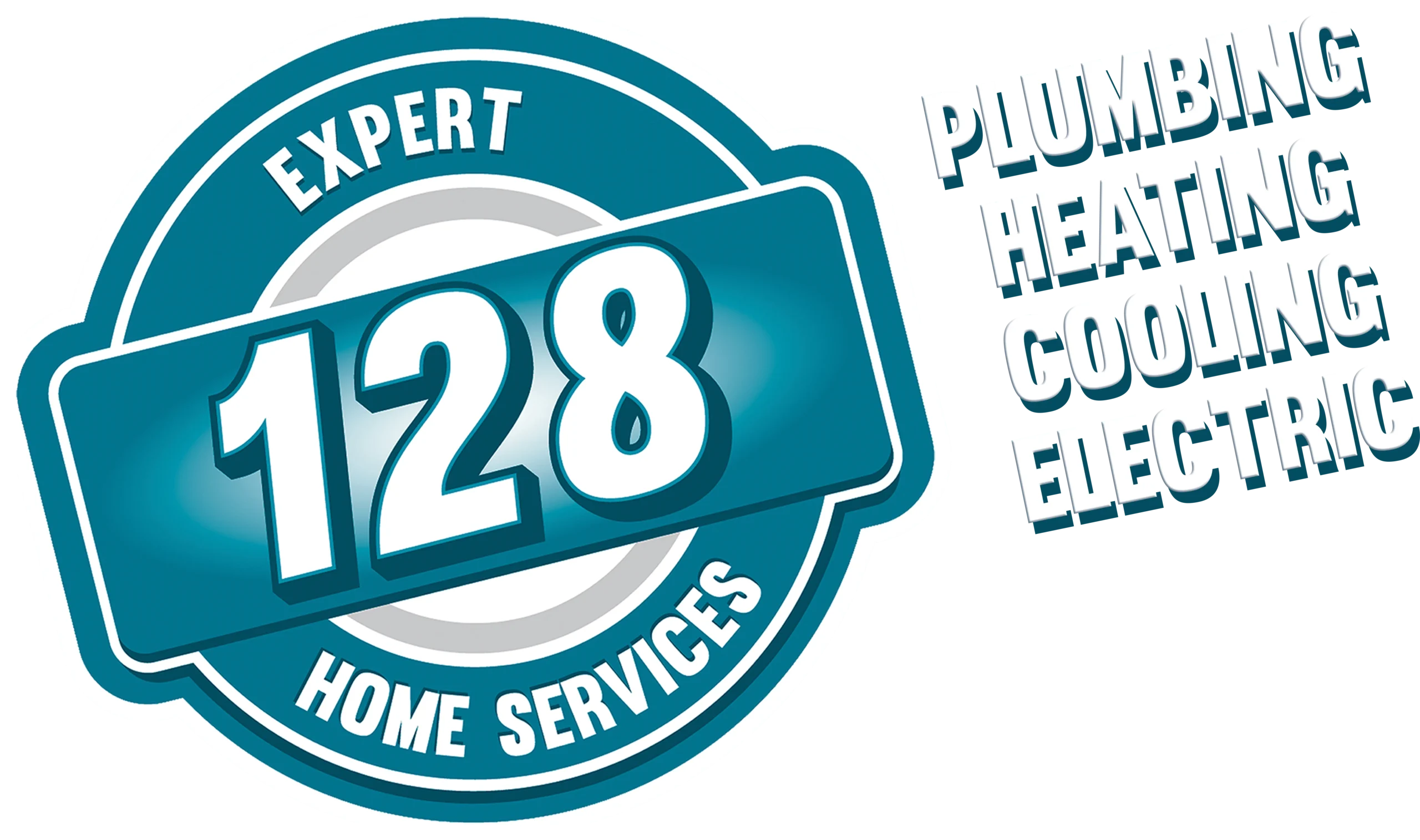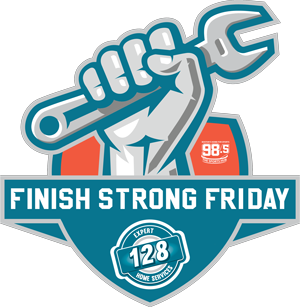There are many benefits that come with adding a heat pump to your home heating system, and cost savings are one of the biggest.
Whether you add a heat pump or decide to go with a hybrid heat pump system, heat pumps will pay for themselves over time by providing significant annual cost savings on your energy bill.
Not only that, but the government is getting in on the savings act. The federal government is offering some serious rebates on both the purchase and the installation when you add a heat pump, and the Mass Save heat pump rebate program is also an excellent source of savings.
Here’s a look at some of the issues and choices you’ll have to make when you participate in the Mass Save program, along with several important reasons why you should have 128 Plumbing guide you through the process when you select a product and have it installed.
How the Mass Save Heat Pump Rebate Program Works
The Mass Save heat pump rebate program is designed to work in conjunction with the federal government rebate programs that cover heat pumps, electric vehicles and other energy saving measures that were put together to reduce the use of fossil fuels.
The linchpin of the program is the basic rebate to install an air-source heat pump in your home. Under the terms of the Mass Save program, you can get a rebate of up to $10,000 to install one of these heat pumps, and that number can actually grow to $16,000 if you meet the various income stipulations that are part of the program.
What Other Rebates Are Available
Let’s say you don’t want to replace your entire HVAC system, but you still want to increase your energy efficiency and get in on the savings.
No problem. Mass Save offers partial-home rebates or supplemental rebates that can provide significant savings.
How much savings? That depends on the size of your home and the percentage of energy usage that you’re accounting for with a heat pump.
There are some technical numbers associated with this. They’re done using a per-ton measurement, with the tons calculated based on the AHRI (Air Conditioning, Heating Refrigeration Institute) cooling capacity divided by 12,000 British Thermal Units, which you’re probably familiar with if you’ve ever bought a standard room air conditioner.
If that sounds too technical, not to worry. At 128 Plumbing we can run the numbers and tell you what they mean so you can get the maximum amount of savings and still have a comfortably heated home in the winter with reasonably priced AC comfort in the summer.
Rebates Based on Income Eligibility
The savings jump from $10,000 to $16,000 for installing a heat pump is based on some income stipulations.
Specifically, you need to live in a home with 1-4 units, your household income has to fall below an established threshold, and you need to be replacing an existing oil, propane or electricity system with a heat pump.
Once again, at 128 Plumbing we can run you through these numbers. We’ll also tell you the best products based on those numbers, and we’ll do the installation as well. We also have maintenance programs that cover any necessary repairs, so you’ll be covered from start to finish.
How Different Source Heat Pumps Apply to the Program
Evaluating Your Home Energy Needs
One of the first steps in the Mass Save program is to get a home energy assessment. At 128 Plumbing, we do these kinds of assessments all the time, so we can give you the information you need to maximize your savings.
Know Your Home Energy Costs
That home assessment will also include a full analysis of your current energy costs. Are you paying too much to heat and cool a small space? Is your furnace too small to heat your home, or do you get uncomfortable in the summer because your AC is being pushed too hard to cool your home?
Once again, not to worry. We handle these problems all the time, and we’re qualified, licensed, and insured with the Mass Save Residential Heating and Cooling program.
The team handling your situation will include HVAC techs, plumbers and electricians, and they’ll all be part of the right solution for you.
How Heat Pumps Save Energy
Heat pumps save energy by moving air—essentially they extract heat from the air surrounding your home, and in the summer they release that heat back into the atmosphere once it’s been effectively cooled.
One of the things you’ll need to verify, though, is that the heat pump you want to install is on the Mass Save approved product list. This list includes central heat pump systems and a variety of mini splits, and we’re familiar with all these products.
The Mass Save Home Energy Program: A Step-by-Step Guide
1. Schedule your home energy assessment.
2. Find a heat pump contractor—i.e., call 128 Plumbing to give you an estimate and recommend a system design along with a price estimate.
We can also help you if you’re using the Mass Save HEAT Loan program, as we’re familiar with the forms and documentation you’ll need to fill out to qualify and get all the great savings.
3. Confirm that your heat pump equipment is eligible for Mass Save rebates. When you go through 128 Plumbing, we handle this for you.
4. Install your air source heat pumps. We’ve installed these kinds of heat pumps throughout eastern Massachusetts, so we’ve got the experience to do it quickly and do it right.
5. Complete the online rebate form. We can walk you through this form and the information you’ll need to get your rebate as quickly as possible.
Is the Federal Heat Pump Rebate Program Worth It?
The federal heat pump rebate program also offers substantial savings, so it’s well worth exploring, too. At 128 Plumbing, we can help you with that, too.
Let 128 Plumbing Guide You Through the Mass Save Heat Pump Program
If you’d like to get in on the savings offered as part of the Mass Save heat pump program, start by calling us at (888) 419-4233 or (781) 670-3261.
We’ll answer your questions and guide you through the process, and we can also tell you about the other rebates that may be involved due to the recent Inflation Reduction Act.
To get even more information, you can also go to 128Plumbing.com and start a live chat, and we have some great blogs and articles there to help educate you about the savings that are available and how you can cash in on them.


